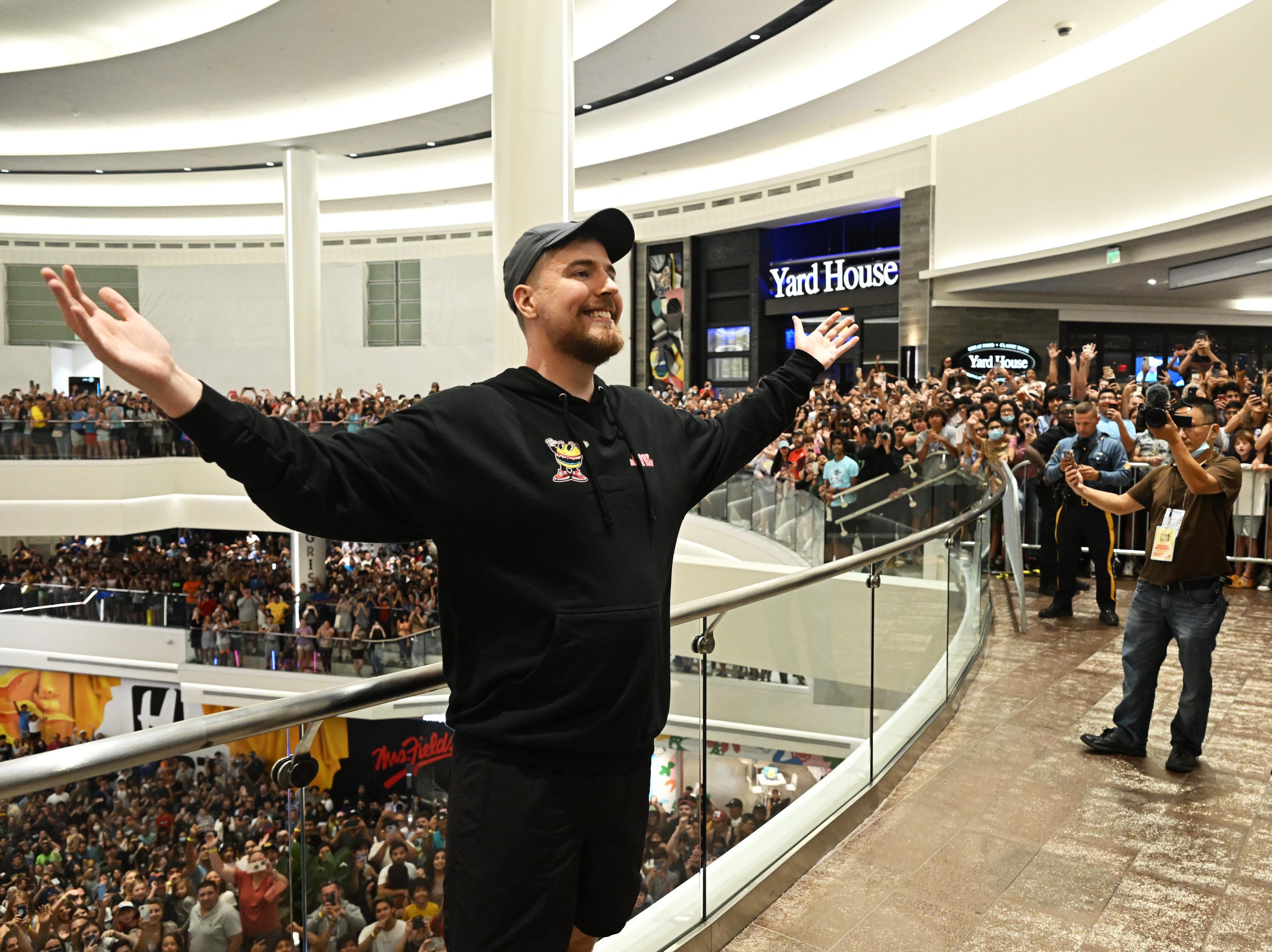Mr Rogers And Sesame Street - A Warm Legacy
For many of us who grew up watching television, a certain gentle voice and a friendly neighborhood, or a street filled with singing, colorful puppets, shaped our early years in ways we might not even fully grasp. These shows weren't just about passing the time; they were, in some respects, carefully crafted experiences that spoke directly to the heart of a young person. They offered a sort of quiet comfort and a lively burst of learning, making television a place where you could feel truly seen and understood, which is pretty special when you think about it.
The creators of these programs, Fred Rogers and the minds behind Sesame Street, held a shared belief: that children deserved respect and honest communication. They understood that growing up could feel like a big, sometimes overwhelming, adventure. So, they set out to build worlds where feelings were acknowledged, questions were welcomed, and learning happened through kindness and curiosity. It's almost as if they built a cozy space for every child watching, a place where they could feel safe to explore their thoughts.
Their work, while distinct in its presentation, shared a deep, underlying commitment to nurturing the whole child. They both, you know, worked to show young viewers that they were valuable just as they were, and that the world held many wonderful things to discover. This enduring message continues to touch generations, proving that genuine care and thoughtful content truly stand the test of time, very much like a guiding light.
- Joey Smack
- Kelly Clarkson Where Have You Been Lyrics
- Net Worth Of Bobbi Brown
- P Diddy Ashton Kutcher
- Best Rated Ski Jackets
Table of Contents
- Who Was Fred Rogers - The Man Behind the Mr.
- How Did Mr. Rogers Help Children?
- The Enduring Charm of Sesame Street
- Did Mr. Rogers and Sesame Street Share a Vision?
- Why Do Mr. Rogers and Sesame Street Matter Now?
Who Was Fred Rogers - The Man Behind the Mr.
Fred McFeely Rogers, born in Latrobe, Pennsylvania, on March 20, 1928, was a person who truly believed in the goodness of every child. He started out in television quite by chance, actually, after being rather disappointed with what he saw on children's programs. He felt there was a real need for something different, something that would speak to young hearts with honesty and kindness. So, he pursued a path that would let him create just that sort of thing.
Before he became the beloved figure we remember, he studied music composition at Rollins College. He later went on to attend Pittsburgh Theological Seminary, becoming an ordained Presbyterian minister. However, he was asked to serve children and families through television, which he felt was his true calling. This background, you know, gave him a unique perspective, combining a deep understanding of human spirit with a creative mind for entertainment. His gentle manner and calm way of speaking became his signature, allowing him to connect with countless children and their grown-ups. The title "Mr." before his name, much like how we use "Mr." or "Mrs." to show respect for someone's position or presence, really came to embody the respect he had for his audience, and the respect he earned in return.
- Songs About Father And Sons
- Haul Out The Holly 3 Release Date
- Collab Shoes
- Beverley Mitchell Net Worth
- Gift For New Mother
He believed that children needed a place where they could process big feelings and learn about the world at their own pace. His show, "Mister Rogers' Neighborhood," which first aired nationally in 1968, was just that kind of space. It was a quiet place where feelings were okay, and every person was considered special. This focus on emotional well-being and individual worth was quite revolutionary for its time, and it still feels very fresh and needed today.
Personal Details and Bio Data of Fred Rogers
| Detail | Information |
|---|---|
| Full Name | Fred McFeely Rogers |
| Born | March 20, 1928, Latrobe, Pennsylvania, U.S. |
| Died | February 27, 2003, Pittsburgh, Pennsylvania, U.S. |
| Occupation | Television Host, Producer, Educator, Presbyterian Minister |
| Known For | Host of "Mister Rogers' Neighborhood" |
| Spouse | Sara Joanne Rogers (née Byrd) |
| Children | 2 sons |
| Education | Rollins College (B.A. Music), Pittsburgh Theological Seminary |
How Did Mr. Rogers Help Children?
Fred Rogers possessed a singular ability to speak directly to the hearts of young people, creating a safe and warm space where they could explore their feelings and learn about themselves. His approach was never about flashy tricks or loud noises; it was, instead, about a quiet, steady presence that offered comfort and reassurance. He understood that a child's inner world was just as rich and complex as an adult's, and he treated it with immense care. He helped children feel okay with who they were, which is a big thing for little ones.
He often talked about difficult subjects, like divorce, death, or even going to the doctor, in a way that was simple, honest, and not at all scary. He would use puppets from the Neighborhood of Make-Believe to act out situations, letting children see that others had similar feelings and worries. This method, you know, gave young viewers a way to process their own experiences and feel less alone. He helped them learn that all feelings are natural and that it's okay to talk about them.
What Made Mr. Rogers' Neighborhood So Special?
"Mister Rogers' Neighborhood" was a program unlike any other on television, truly. It moved at a gentle pace, allowing children to absorb its messages without feeling rushed or overwhelmed. Each episode began with Mr. Rogers arriving home, changing into his comfy sweater and sneakers, a simple ritual that signaled a shift into a special, welcoming time. This routine, frankly, provided a sense of predictability and security for young viewers, helping them feel settled and ready to learn.
The show's power lay in its quiet moments and its genuine conversations. Mr. Rogers would look directly into the camera, speaking to each child as if they were the only one watching. He sang songs about feelings, visited places like factories or bakeries, and always returned to the idea that each person is unique and worthy of love. He taught children, very directly, that their feelings were valid, that they were capable of good things, and that they were, in fact, loved just as they were. This was a truly profound message, particularly for its time.
The Gentle Impact of Mr. Rogers' Messages
The messages from Mr. Rogers were always delivered with a tender touch, yet they carried a mighty weight. He talked about being a good neighbor, about patience, and about the importance of being kind to yourself and others. He showed children that it was okay to be sad or angry, and he gave them simple, helpful ways to deal with those big feelings. He would often say things like, "You've made this a special day, just by being yourself," which is a pretty powerful thing for a child to hear, you know? </

Not Everyone Is a Fan of MrBeast's New Video | TIME

Mr. Olympia prize money breakdown: How much do the winners make in 2022

MrBeast Breaks 2022 YouTube Record